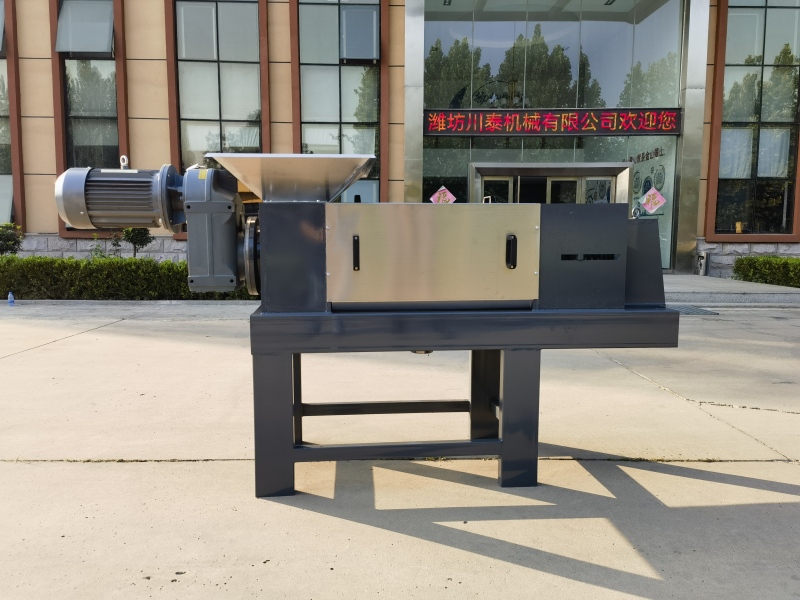
Residue dewatering machines play a crucial role in modern waste management systems by efficiently reducing the moisture content of various residues, such as sludge, organic waste, and industrial by-products. This article explores the significance of residue dewatering machines in optimizing waste management processes and highlights their key features and benefits.
Key Features of Residue Dewatering Machines:
High Dewatering Efficiency:
Residue dewatering machines are designed to extract water from solid residues effectively. By employing advanced technologies such as screw presses, centrifugation, or filter presses, these machines achieve high levels of dewatering efficiency.
Versatility in Residue Types:
These machines are versatile and can handle a wide range of residues, including municipal sludge, industrial waste, and agricultural by-products. Their adaptability makes them suitable for various industries and waste streams.
Compact Design and Footprint:
Many modern residue dewatering machines are designed with a compact footprint, allowing for easy integration into existing waste management facilities. This space-efficient design is particularly valuable in facilities with limited available space.
Automated Operation and Control:
Automation features enhance the operational efficiency of residue dewatering machines. Automated controls, monitoring systems, and programmable logic controllers (PLCs) enable precise control over the dewatering process, ensuring optimal performance and resource utilization.
Energy-Efficient Operation:
Energy efficiency is a key consideration in the design of residue dewatering machines. Many models incorporate energy-saving features such as variable frequency drives (VFDs) and low-energy consumption components to minimize their environmental impact and operational costs.
Benefits of Residue Dewatering Machines:
Volume Reduction:
By effectively removing moisture, these machines significantly reduce the volume of residues, leading to lower transportation and disposal costs. This is particularly beneficial for municipalities and industries seeking cost-effective waste management solutions.
Improved Handling and Disposal:
Dewatered residues are easier to handle and transport, facilitating more convenient disposal or further processing. This improves overall waste logistics and reduces the environmental impact associated with residue disposal.
Resource Recovery:
In certain applications, dewatered residues can be further processed to recover valuable resources. For example, dewatered sludge from wastewater treatment plants may be suitable for use as fertilizer or for energy generation through anaerobic digestion.
Compliance with Environmental Regulations:
Meeting environmental regulations is a critical aspect of waste management. Residue dewatering machines aid in compliance by reducing the moisture content of residues and facilitating adherence to disposal and environmental standards.
Conclusion:
Residue dewatering machines play a pivotal role in modern waste management strategies, offering efficient and sustainable solutions for reducing the moisture content of diverse residues. As industries and municipalities continue to prioritize environmentally friendly waste management practices, the adoption of advanced residue dewatering technologies is expected to grow, contributing to a more sustainable and resource-efficient future.




If your company wants to establish a business relationship with us, please briefly describe the cooperation intention and send an email to:chuantaiscrewpress@gmail.com























































































![[list:title]](/static/upload/image/20240528/1716877114510915.jpg)